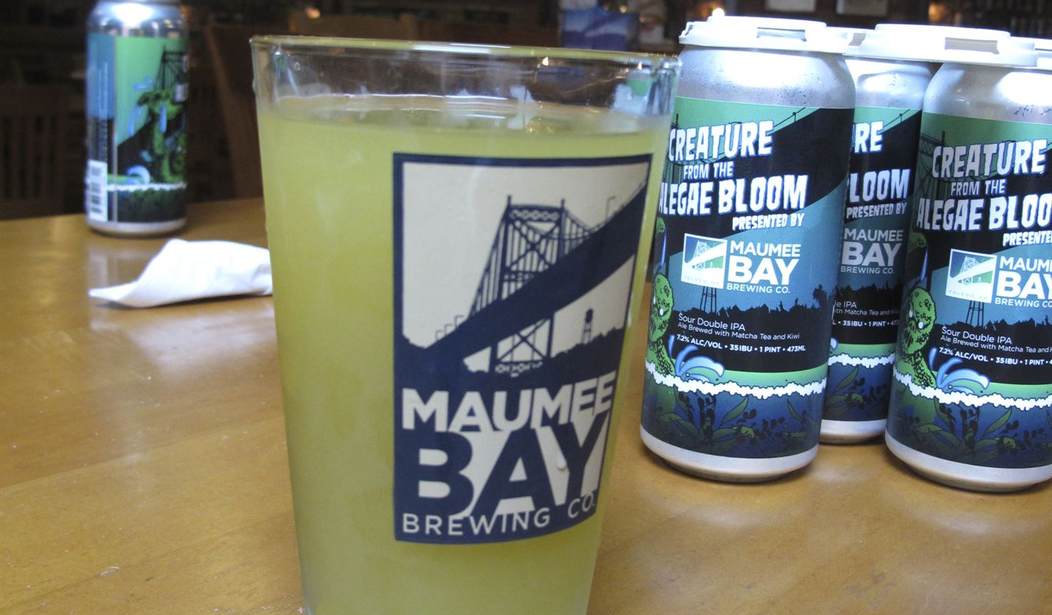Here is yet another story that reinforces the reality that when the government gets involved in regulating commerce, it rarely leads to positive results.
This one comes from the lovely state of Alaska, where the government passed brand new laws restricting the delivery of alcohol.
Under the new measure, those transporting alcohol must be registered with the state.
Under Alaska’s new alcohol law, cargo carriers must be registered in order to transport alcohol, and alcohol retailers are required to use only those registered carriers.
“Best example: you’re a package store and you are fulfilling a written order in a community outside of Anchorage, and that has to be flown to that person or community site for the delivery of alcohol,” explained Joan Wilson, director of the Alaska Alcohol & Marijuana Control Office, during a presentation in late July. “That package store will be required under their endorsement to utilize an approved common carrier.”
As of Friday, only five so-called “common carriers” in the state had completed that licensing process. And just two of them, Alaska Airlines and Northern Air Cargo, are licensed to deliver alcohol anywhere in Western Alaska. Northern Air Cargo was added to the list on Friday.
Many communities in Western Alaska are “local option,” meaning that they put some level of restriction on the possession, importation, or sale of alcohol. For communities without package stores, like Bethel, customers rely on air cargo to ship in orders of beer, wine, or liquor.
Under the new law, to become a registered carrier of alcoholic beverages, companies must fill out a form and pay a one-time common carrier fee of $1,250, which is then approved by the Alcoholic Beverage Control Board, according to state statute.
This rule is one of several that went into effect at the beginning of the year.
For patrons, there will be immediate changes starting Jan. 1. Taprooms at breweries and distilleries will be able to stay open until 9 p.m. Current law requires them to close at 8 p.m.
Taprooms are currently barred from holding live events, but the new regulations allow them to hold a limited number per year. Other restrictions remain in place: no TVs, no chairs or stools at the taproom bar, and limited serving sizes. And, among many other changes in the law, liquor stores will be able to hold events and serve alcohol samples.
Those supporting these measures might argue that they promote public health and safety by empowering the government to exert more control over the distribution of alcohol. However, as with most government policies, there are more drawbacks to this legislation than potential benefits.
Let’s start with logistics. Requiring each carrier to be registered to transport alcohol creates yet another mound of red tape that will impede the free flow of the product throughout the state. It would impact those living in remote rural areas the most because access to alcohol is already limited.
Moreover, limiting the freedom of these companies to sell their products, along with limiting the ability of consumers to buy them will only lead to negative economic outcomes. In rural Alaska, where the options are already scarce, this disruption could have an even worse impact on local businesses that might not be able to afford to keep up with the regulations.
This could only lead to a situation in which larger corporations are allowed to flourish in this industry while making it harder for smaller operations to compete. This could possibly lead to much higher prices for consumers who are already suffering from inflation and other economic woes.
There is also the issue of individual choice. The bottom line is that people should have the autonomy to make their own choices about the products they buy and sell. By further complicating the delivery of alcohol, the state is making it harder for local businesses to sell a product that people wish to buy. The state should have no business dictating what people are allowed to buy, sell, and consume.













